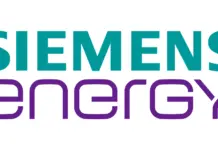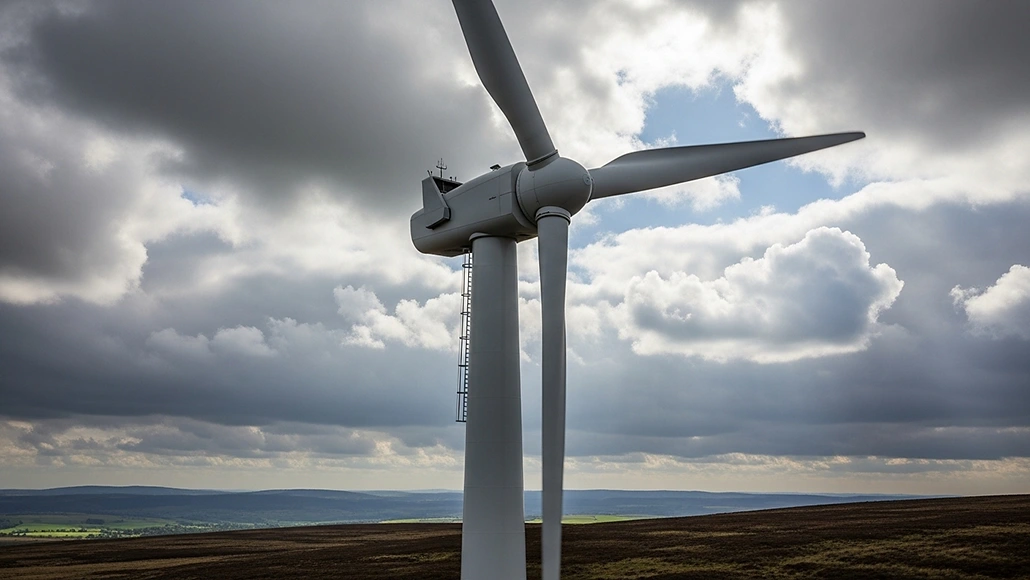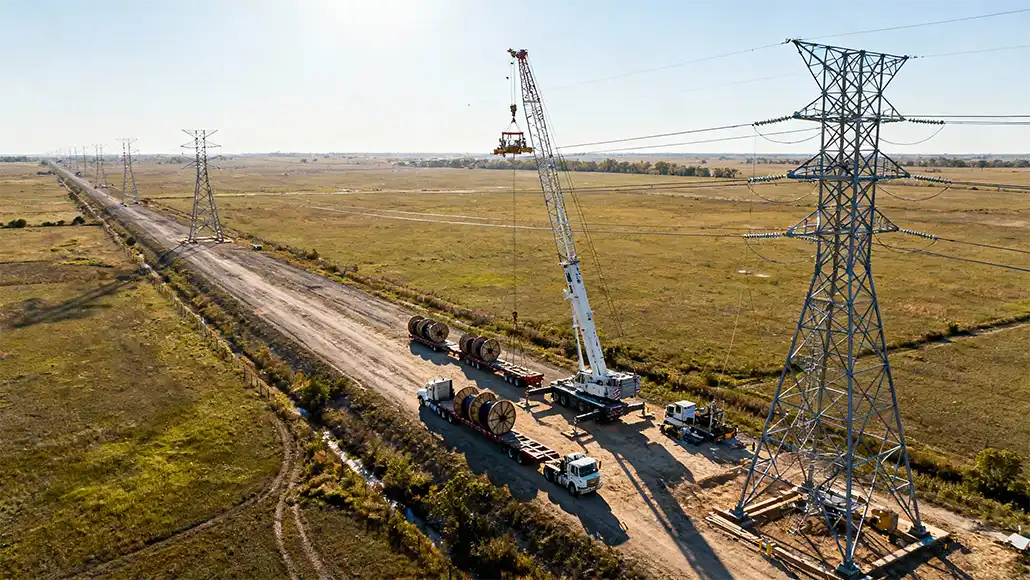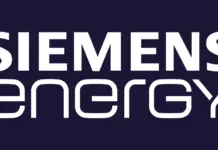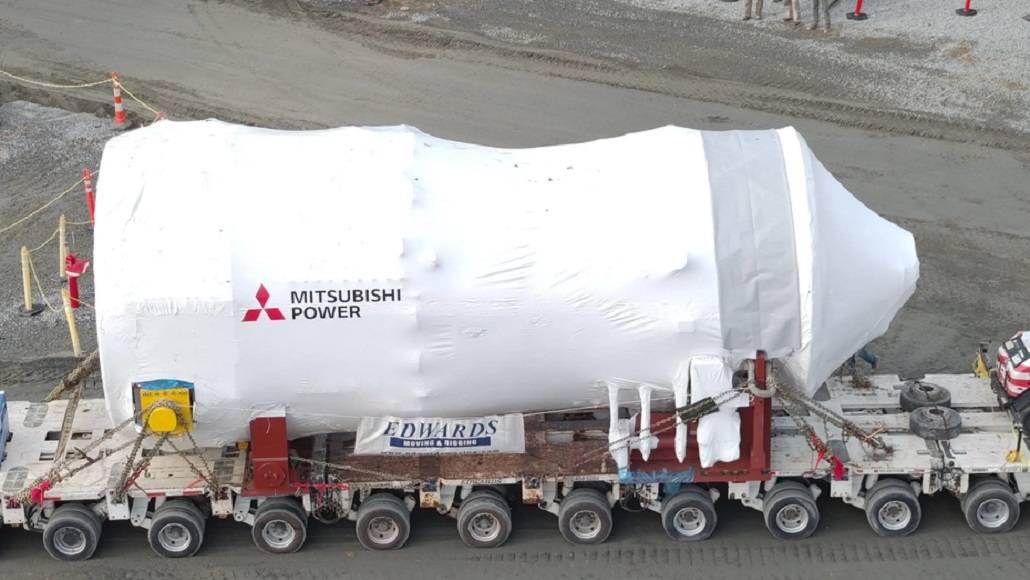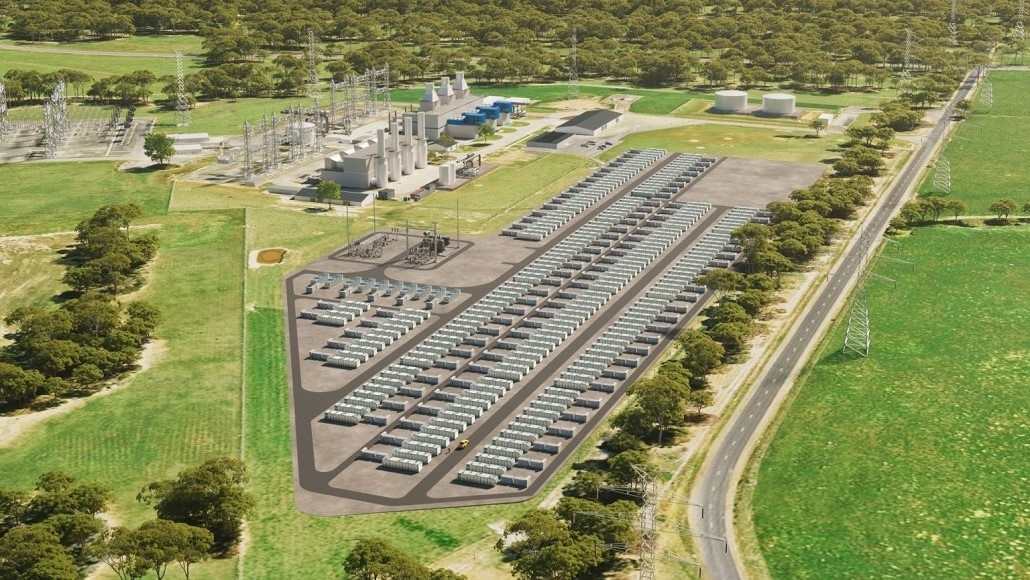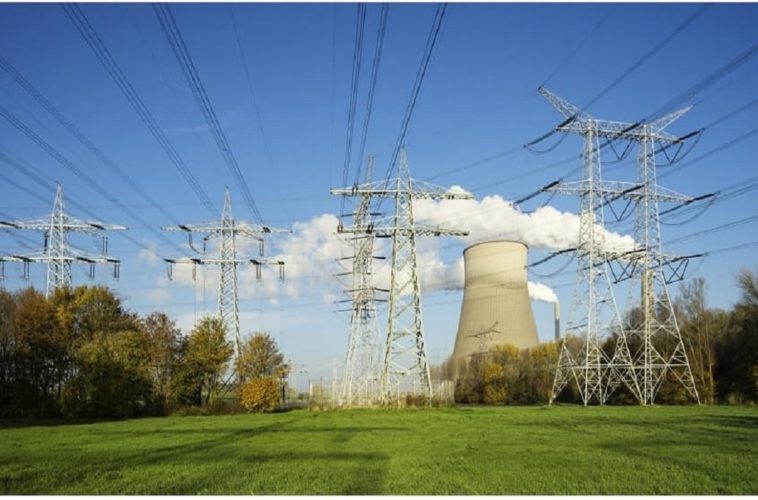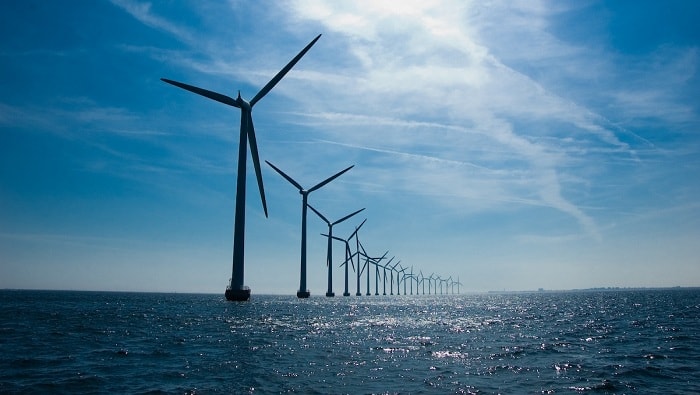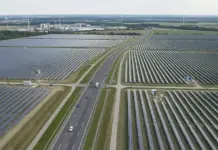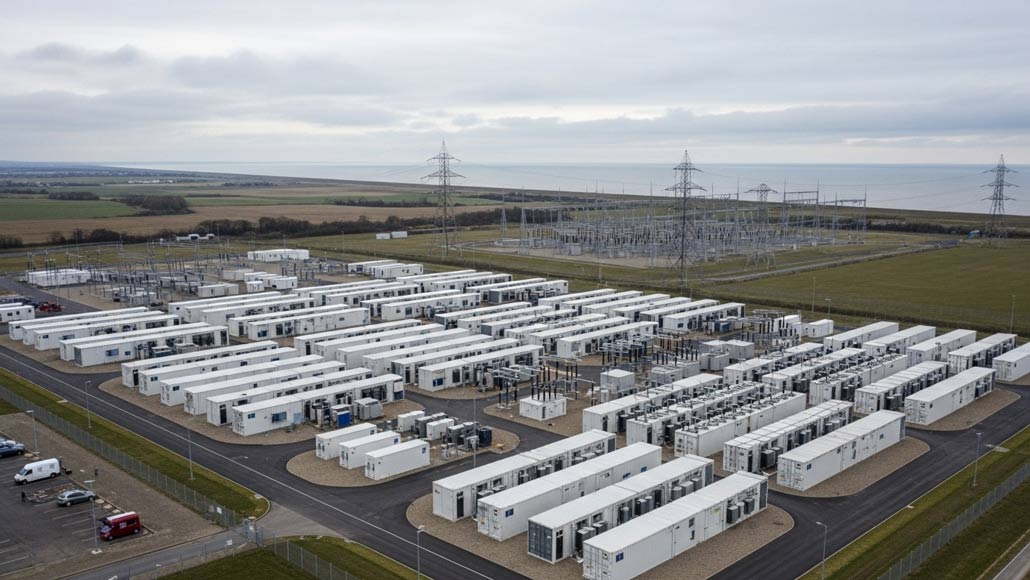One of the UK startups, Natpower, which happens to be a part of a larger European energy group, has gone on to announce its plans to invest EUR 1 billion in a large battery energy storage system (BESS) at Wilton International Site from Sembcorp Utilities near Middlesbrough.
With this, the project, which is called the Teesside GigaPark, is thereby going to become the largest and longest-duration battery storage facility in the UK once it gets completed.
As per the company, the facility will more than double its capacity as well as the storage duration of any other site that exists in the country. Unlike the many other large-scale energy initiatives, this project is going to be private and will not depend on government contracts. As per Natpower, this system could also save the UK close to 3.5 billion euros per year by way of cutting the inefficiencies of the grid and going ahead and safeguarding the waste when it comes to clean power.
The firm is also looking to work along with local colleges as well as environmental groups to create around 200 construction jobs and at the same time also launch programs pertaining to clean energy training for the workforce of the future.
Building the biggest battery system in Britain
It is well to be noted that the Teeside GigaPark is going to be built on a 32-acre site based at Wilton International at Redcar. The UK project to offer 1 GW lithium-ion BESS – battery energy storage system, will hence make it one of the most ambitious projects of its kind across Britain.
Apparently, the first stage will deliver 4 GWh of four-hour storage, and with time the capacity can also be scaled up to almost 8 GWh in eight hours. The fact is that the UK project to offer 1 GW lithium-ion BESS which is long-duration storage is going to give the UK grid the agility it requires so as to handle the rising share of its renewable power.
The CEO of Natpower UK, Stefano D.M. Sommadossi, opines that Teesside, which is their most advanced GigaPark, does indeed serve as a blueprint for combining large-scale storage along with electrification of ports as well as industry, hence transforming Teesside into one net-zero economic powerhouse in a matter of five years.
A major innovation of the site happens to be its stress on shipping. The GigaPark is going to offer shore power, which is often called cold ironing, to berthed ships. This will enable the vessels to switch off their diesel engines at the time of their docking, therefore cutting off harmful emissions and at the same time also paving the way for electric ships.
It is worth noting that the project also happens to include a 1 GW connection agreement along with the National Energy System Operator from the UK. This will make sure of a 400 kV link to the National Grid substation. Natpower also looks forward to completing the construction and also connecting the site by 2028. The infrastructure is going to be designed from the ground up in order to support port electrification, which also includes the likes of propulsion of electric ships.
Driving the industrial growth along with clean energy jobs
The scale as well as the dependability of the Gigapark is going to make it relatively attractive to the industries that are energy-hungry. Be it the logistics hubs, data centers, or manufacturing plants – all happen to be already in discussions with Natpower. Draft commercial agreements along with potential industrial partners happen to be already under progress, hence reflecting a very robust interest when it comes to the project.
This announcement has also gone on to sync well with the broader potential as well as financial backing when it comes to battery storage in the UK. In a very recent move, Labour’s National Wealth Fund went ahead and committed EUR 500 million in order to expand storage capacity all across the country.
Chancellor Rachel Reeves, along with the energy minister, Michael Shanks, has highlighted the significance when it comes to battery storage as far as lowering energy bills and also supporting clean power growth is concerned.
It is well to be noted that the electricity demand in the UK is anticipated to grow by almost 50% by 2050. In this shipping alone is anticipated to add 15% more. The fact is that a strong system such as the Teesside GigaPark is going to enable absorbing excess renewable energy when supply happens to be high and releasing it in an instant during peak demand or at a time when wind as well as solar generation witness a decrease. Through decreasing dependence when it comes to peaker plants that are fossil-fuel powered, the facility is for sure making the grid more robust, decreasing the emissions, and at the same time supporting the shift of the UK towards a future filled with clean energy.
Notably, the Teeside GigaPark happens to be more than just a storage project. It happens to blend the large-scale batteries along with industrial electrification as well as port decarbonization, hence setting a new benchmark for the energy sector of the UK.








